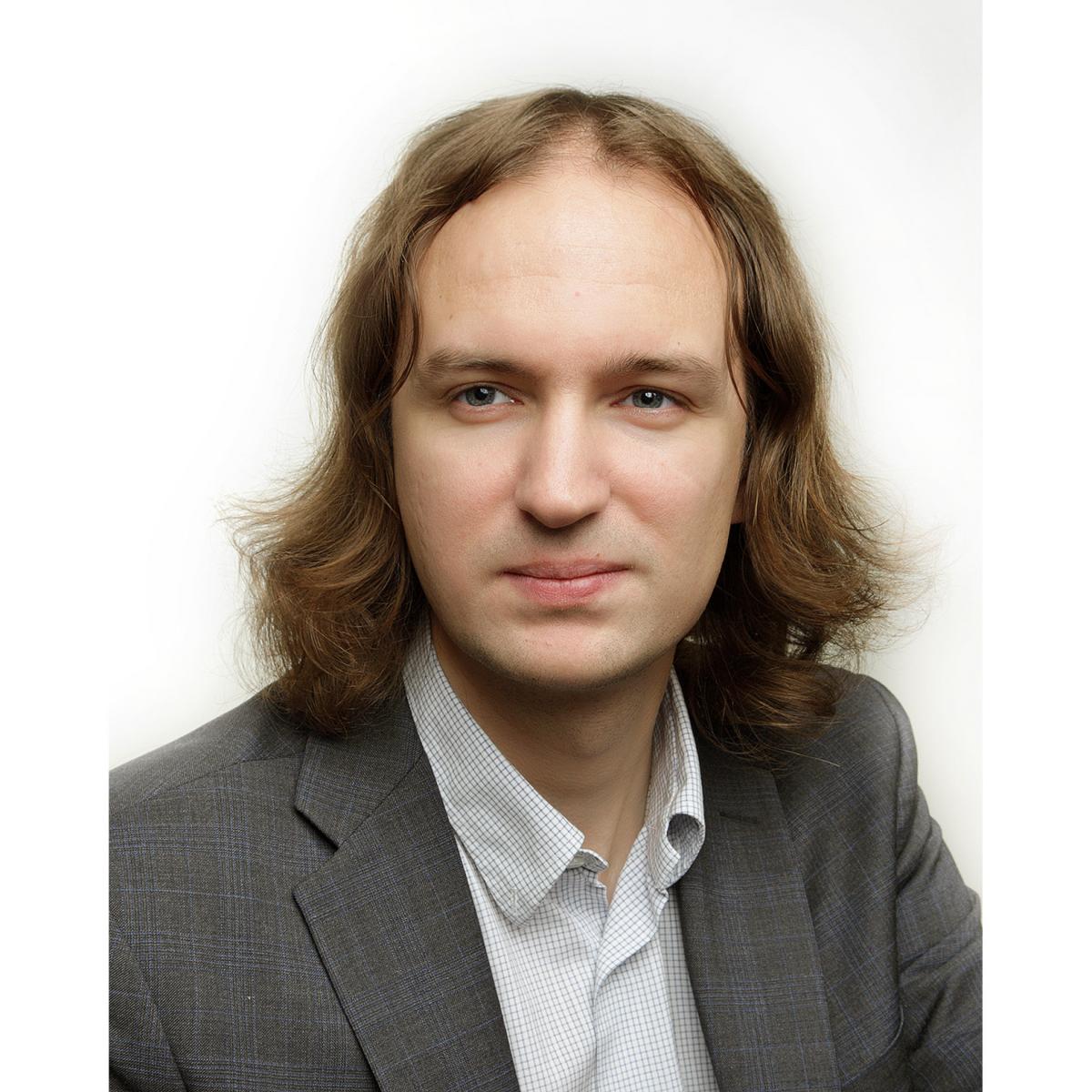
Meet the FABLE Russia team
The team is led by the Russian Presidential Academy of National Economy and Public Administration (RANEPA). RANEPA was founded by presidential order on September 20, 2010. The key competence field of RANEPA is management development in the broad context of global and national political, socio-economic, historic, legal, as well as cultural environments. Built on this broad humanitarian platform RANEPA focuses on three fundamental tasks: training of public officials, business education, and policy research.
The team’s main areas of interest have been in land use modelling, sustainable development, climate change impacts and forest restoration.
Models used by the team:The Russian FABLE team employs the partial equilibrium model GLOBIOM to project the primary indicators of agricultural development in Russian regions up to 2030 and 2050. Over the next two years, the team plans to update the emission technique in GLOBIOM to align it with the Russian National GHG Inventories. This will allow for proper estimation of the carbon footprint of various agricultural activities at the regional level.
Former members: Oleg Lugovoy and Vladimir Potashnikov.
Transforming food and land-use systems in Russia
Russia, the largest country in the world, boasts vast stretches of forests, steppes, and tundra, with 9% of its land formally protected. These varied landscapes, along with wide expanses of uninhabited and unexploited areas, which account for 65% of the territory, are home to a rich array of biodiversity. With more than half of its territory covered by forests, Russia plays a significant role as a major carbon sink.
Over the last two decades, Russia has shifted from a net-food importer to major food exporter. This shift has important implications for Russia’s Green House Gas (GHG) emissions, 10% of which come from Agriculture, Forestry and Other Land Use (AFOLU). The integration of climate policy with agricultural and ecological policy is a significant challenge in Russia. At present, these strategies are managed separately by different ministries, each with their own goals and mandate. To address this challenge, there is a need to enhance the integration of current agricultural land policy with climate policy.
A crucial step is to improve the collection of statistical data on climate, soil, and ecological indicators related to agricultural activities at the regional and municipal levels. This would help make climate, such as the Nationally Determine Contributions (NDC), and biodiversity strategies more accurate, transparent, and comprehensive at the federal, regional, and municipal levels.
Key national objectives and targets
The Government of Russia submitted its latest NDC in 2021, introducing the Strategy of Socio-Economic Development of the Russian Federation with Low Levels of Greenhouse Gas Emissions until 2050. In the strategy, Russia presents two main pathways with different carbon emission levels and carbon sequestration capacity until 2030 and 2050: a conservative (business-as-usual) pathway and an intensive (low-carbon) pathway.
According to the conservative scenario, the GHG emissions of Russia in 2050 will be up to the level of 2,521 Mt CO2eq, with sequestration volume planned to be -535 Mt CO2eq. In contrast, the intensive scenario suggests 1,830 Mt CO2eq emissions and a sequestration of -1,200 Mt CO2eq. To achieve the intensive pathway, Russia plans to organize a bulk of measures, including sector-specific policies, especially in forestry and agriculture.
These policy actions include increasing the area of afforestation, strengthening the efficiency of forest management and protection, implementing climate projects that ensure the development of forest infrastructure to increase the absorption capacity of forests, increasing the productivity of farm animals, improving nitrogen management on Russian cropland, promoting differentiated application of agrochemicals on cultivated lands integrated with the development of "precision" agriculture, anti-erosion and field protection measures, and ensuring the accumulation of carbon in the soils of agricultural lands.
Policy engagement
The FABLE Russia team closely collaborates with the Russian Institute of Global Climate and Ecology (named after Yu.A. Israel) to promote accurate methods for estimating carbon and nitrogen emissions at the regional level of Russian croplands. The team's primary objective is to provide the Russian government with proper estimations of the ecological consequences of different agricultural programs.
Recently, Russia initiated a new program on the Efficient Reclamation of Agricultural Lands. The team has proposed to enrich this program with specific regional indicators to show where the recultivation of abandoned agricultural lands will result in fewer GHG emissions, or to identify the regions that pose a risk of additional emissions. By adopting this regional approach, Russia can ensure that its regional pathways are low-carbon oriented.
Publications
- Strokov, A.S., Romanovskaya, A.A., Vertyankina, V.Y. et al. Balance Approach for Evaluating the Carbon Stock and the Components of Carbon Footprint on Croplands in Russian Regions. Russ. Meteorol. Hydrol. 48, 829–836 (2023). https://doi.org/10.3103/S1068373923100011
- Strokov AS, Potashnikov VY (2022) Environmental tradeoffs of agricultural growth in Russian regions and possible sustainable pathways for 2030. Russian Journal of Economics 8(1): 60-80. https://doi.org/10.32609/j.ruje.8.78331.
- Strokov, A.S. Greenhouse Gas Emissions in Crop Production. Her. Russ. Acad. Sci. 91, 197–203 (2021). https://doi.org/10.1134/S1019331621020088.
- Strokov, A.S., Deppermann, A., Potashnikov, V.Y., Romanovskaya, A.A., & Havlik, P. (2020). Problems of Agricultural Policy Adaptation Within Sustainable Development Goals. Economic Policy 15 (6) 140-165. 10.18288/1994-5124-2020-6-140-165.
- FABLE (2020). Pathways to Sustainable Land-Use and Food Systems. 2020 Report of the FABLE Consortium. International Institute for Applied Systems Analysis (IIASA) and Sustainable Development Solutions Network (SDSN), Laxenburg and Paris. 10.22022/ESM/12-2020.16896.. Russia chapter.
- FABLE (2019). Pathways to Sustainable Land-Use and Food Systems. 2019 Report of the FABLE Consortium. Laxenburg and Paris: International Institute for Applied Systems Analysis (IIASA) and Sustainable Development Solutions Network (SDSN). Pathway for the Russian Federation.
Recent Activities
- Blog. The carbon footprint of crop production in Russia.
- Spotlight presentation. Estimating Russia's regional crop production and GHG emissions using the Global Biosphere Management Model (GLOBIOM).


